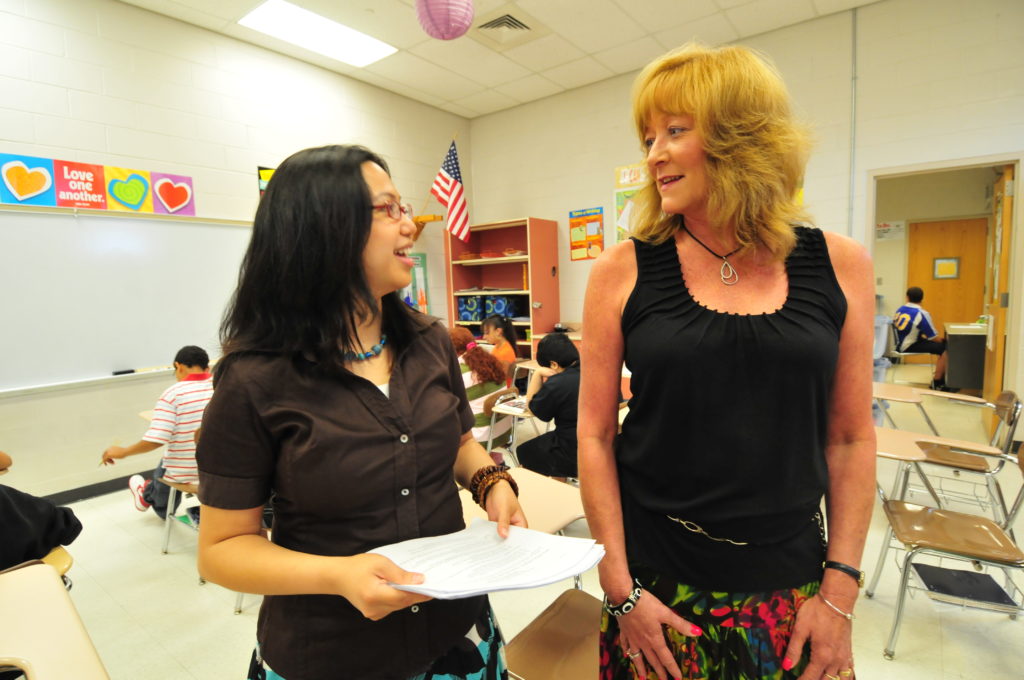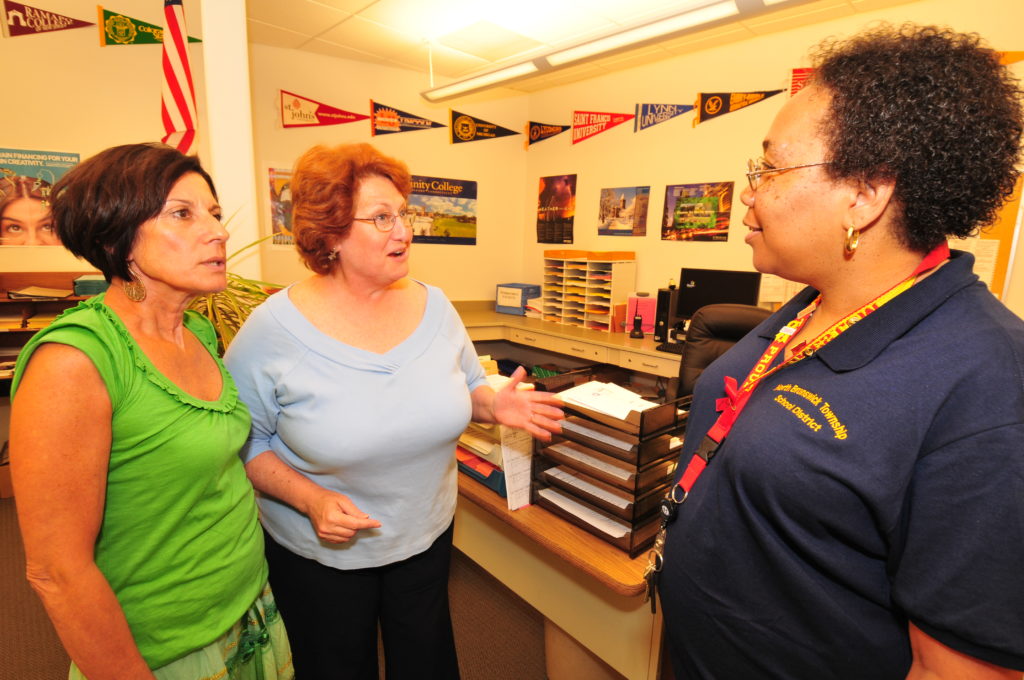Advice from colleagues is valuable, but incorporating it into your own professional identity is priceless.
As a new educator, you’re going to try to get as much advice as you can. The veteran educators around you have so much knowledge to offer, but it’s easy to forget that advice isn’t “one size fits all.”
When I got my first teaching job, I was hired by the Assistant Principal whose former class I’d be teaching. Since he was still working in our school, he would often give me resources and course work for my classroom. While it would have been easy to simply use all of his materials as-is, I decided to integrate things I was passionate about to make the class my own. I was able to adopt what worked for me, and change what didn’t, which led me to find me own style and voice as an educator.
Below are some of the steps I took to find my own style, which you can use too:
Define Your Values
Students are able to spot inauthenticity from a mile away. In my opinion, the most important thing a new teacher can do is decide what they truly believe in. Figure out what’s important to you, and what you value. Once you develop this strong sense of self, you’ll be better equipped to decide which advice is best for you.
Don’t Let Standards Define Your Teaching Style
As educators, there are different standards we’re required to meet—but don’t let them limit you. Look to these standards as north stars, but interpret them in a way that’s exciting to you.
Do Some Research
From personal experience, I’ve found that new educators can get really insecure and worry what others think. Many fear being judged if they don’t know every single answer. This insecurity will often lead new educators to adopting advice and ideas that don’t match their personal style because they think it’s “right.”
To avoid this, be willing to admit when you don’t know something. And rather than simply adopting someone else’s practices, do your research to find the answer. As an added benefit, doing the same type of academic research that I ask my students to do to help me stay in touch with what I’m teaching.
Vary Your Resources
Veteran educators can make excellent resources—but don’t stop there! Professional development opportunities are important to find your style.
I’ve done programs through the National Endowment for the Humanities, which showed me different methods for teaching. Rather than just hearing what works for one veteran educator, these programs show you many methods, which you can mix and match to match your own style.
Remember Why You’re Here
When you're hired as a new educator, you're hired to do the same job as the people who have been there for 25 years—which can be both really scary, but also exciting. You're not getting anybody coffee, you're not anybody's assistant. You are the teacher 100 percent, and you can't let anybody infringe on that. You have things to share, you have new ideas, you have a reason to be there. Your administration hired a new teacher on purpose.
Once you're confident in yourself and your style, you’ll have a better sense of what advice will work for you, and what won’t. That way, you can use the resources around you without stripping away your teaching style.








